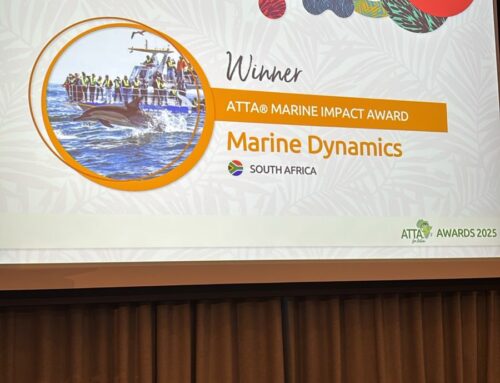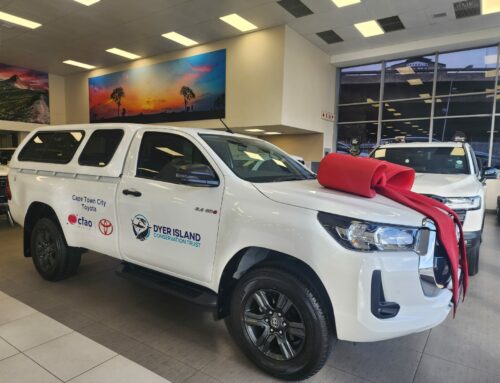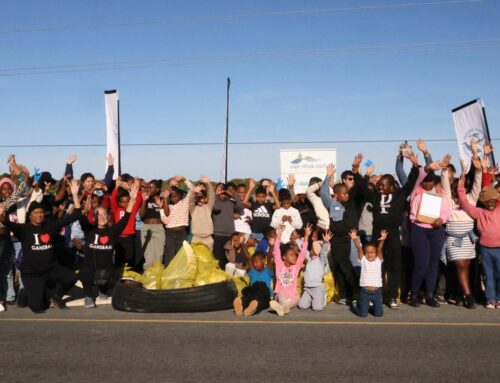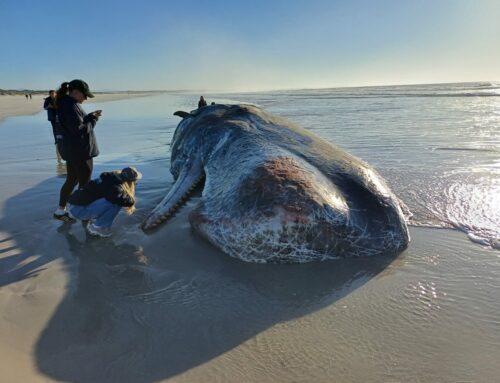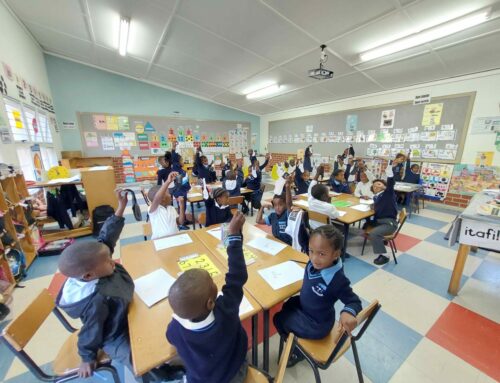The work of the environmentally conscious students of Global Leadership Adventures has given the Marine Dynamics/Dyer Island Conservation Trust team time to reflect on our penguin conservation projects and the reasons we built the African Penguin and Seabird Sanctuary. Over the past blogs we have tackled the issues of historical impacts on our African penguin populations, as well as marine pollution and overfishing. We have looked at the need for penguin homes to improve fledgling success. In this final blog the students talk about the African Penguin and Seabird Sanctuary, that we opened in 2015 to deal with seabirds in need. The APSS has become a top spot to visit in Gansbaai providing a much needed educational platform on penguins and other seabirds.
https://dict.org.za/dict-projects/african-penguin-seabird-sanctuary/
**Please note that the write ups have been edited and shortened for blog publishing purposes. Sources were referenced by students when submitting their projects.
Project by Sarah, Reece, Caroline
Title: Saving the African Penguin: The Jewel of the Cape
Nestled in Gansbaai, on the southern tip of South Africa, is the Dyer Island Conservation Trust (DICT). In 2015, the DICT started a project, the African Penguin and Seabird Sanctuary (APSS), which works to protect the native endangered African Penguin, as well as other vulnerable seabirds. The African Penguin’s conservation status slipped from Vulnerable to Endangered in 2010. South Africa and Namibia is the only place the African Penguin calls home. Sadly, the species continues to be at risk.
Between 1980 and 2010, the African Penguin’s numbers crashed by over fifty percent. In 1956, 150,000 pairs of penguins were counted, but by 2009, only 26,000 pairs were left. And between 2008 and 2009 the population declined another ten percent. One of the most pressing issues for the African Penguin is the overfishing of anchovies and sardines, which serve as the penguins’ top food supply. Overfishing is already considered an incredible environmental challenge. Much depends on the movement and spawning of sardines and anchovies, that can vary every year – this is also impacted by climate change. Commercial fisheries adhere to quotas allocated and are part of the discussion towards a solution that benefits all.
The African Penguin is a vital member of the ecosystem in South Africa because of its guano (bird faeces). Their guano helps fertilize the sea landscape with nutrients such as nitrogen, phosphorus, and organic carbon. The ecosystem depends on these nutrients.
The African Penguin and Seabird Sanctuary rescues diseased, displaced, injured, oiled, and abandoned birds with a focus on the endangered African Penguin, as part of the African Penguin Biodiversity Management Plan. They work to inform South Africans and people all over the world about the African Penguin and how to ensure its survival.
(Two different style posters were provided by students)
Donate here.
PARTNERSHIP WITH GLOBAL LEADERSHIP ADVENTURES
Students from various states in America signed up for the online course offered by Global Leadership Adventures. With Covid-19 preventing the Marine Dynamics Academy from learning and working with students onsite, this was the first time the team of marine biologists took the work online and overall, the course was ranked very highly. Global Leadership Adventures conducts leadership programs with a purpose, exclusively for teens and young adults. Our team wholeheartedly supports their mission which is to ‘Inspire the Next Generation to Realize their Potential to Transform the World and their Role In It’ and were very impressed with the students who were all clearly committed to making a difference for conservation and community. The students aged between 13 to 19 were tasked to work in teams on projects and for this round they were allocated a press release and infographic assignment that related to African penguin conservation. These projects are designed to see how the students interpret the information and teach them new skills. https://www.experiencegla.com/

African Penguins being fed at the APSS in Gansbaai.




